Databases - NKXAB1EBNF
Academic year/semester: 2024/25/2
ECTS Credits: 5
Available for: Only for the faculty’s students
Lecture hours: 2
Seminarium:0
Practice: 0
Laboratory: 2
Consultation: -
Prerequisites: NSXPP1EBNF
Course Leader: Dr. FLEINER Rita
Faculty: John von Neumann Faculty of Informatics, 1034 Budapest, Bécsi út 96/b
Course Description:
Goal: Lecture: In the framework of the subject, students get acquainted with the theoretical
foundations and implementation of database management systems, the database
design process, and modern data management methods. Lab: The aim of the training
is to apply the theory of relational database management systems in practice, and to
introduce SQL through the use of a specific client-server type database management
system (Oracle 12g).
Course description: Lecture: Basic concepts of relational database management. Data modelling. ER
diagram. Theory and use of the relational model. Anomalies. Normalisation, normal
forms, 1NF, 2NF, 3NF, BCNF. Database design. Operations in relational algebra.
SQL language, DDL, DML, DCL. Structure and use of indexes. Database
architectures. Database management system architecture. Query processing flow.
Database optimisation. Transaction management, logging. Laboratory: Basic concepts
of relational database design (relations, relational operations), Normalization (0NF,
1NF, 2NF, 3NF), database anomalies. Queries using SQL SELECT statement, join
tables, subqueries. DML instructions, database transactions. DDL statements, table
creation, data types, constraints, view tables, top-N analysis. Authorization
management, DCL instructions. Analytical functions in Oracle12gR2.
Competences:
In the framework of the subject, students get acquainted with the theoretical foundations and implementation of database management systems, the database design process, and modern data management methods. Lab: The aim of the training is to apply the theory of relational database management systems in practice, and to introduce SQL through the use of a specific client-server type database management system (Oracle 12g)
Topics:
1. Lec: Introduction to the world of databases Lab: Introduction to Oracle 12c, Simple
SQL queries (SELECT, WHERE, ORDER BY statements)
2. Lec: Data modelling, Single-relationship data model. Lab: Multi-table queries
3. Lec: Single-relation data model rewriting to relational model.
Lab: Multi-table queries. Hierarchical queries.
4. Lec: Normal forms, dependencies, decomposition of relations. Lab: DDL, constraints.
5. Lec: Relational algebra, relational data model.
Lab: DML, views.
6. Lec: Relational algebra expressions and practice. Lab: Exercise DDL and DML
statements through exercises.
7. Lec: Database management system architecture. Lab: Group functions (GROUP BY,
HAVING statement parts).
8. Lec: Data storage, file organisation, indexes. Lab: Subqueries
9. Lec: Query processing, query optimisation. Lab: subqueries
10. Lec: Transaction handling. Lab: PL/SQL basics, triggers.
11. Lec: Advanced SQL topics. Lab: PL/SQL basics, triggers.
12. Lec: Advanced SQL topics. Lab:. Database administration skills. Transaction
management
13. Lec: Lecture test Lab: Lab test.
14. Lec: Replacement Lecture test Lab: Replacement Lab test
Assessment: Term grade
Exam Types:
Test Exam
Compulsory bibliography: Jeffrey D. Ullman; Jennifer Widom: Adatbázisrendszerek – Alapvetés (2. kiadás), Panem, 2009. Budapest, ISBN: 9635454815 Elmasri, R., Navathe, S. B.:Fundamentals of Database Systems 7th Edition, ISBN: 978-0133970777 Kende M., Nagy I.: Oracle-példatár (SQL, PL/SQL). Panem, Budapest, 2005, ISBN 963 545 436 8
Recommended bibliography:
Additional bibliography: The slides used in the lecture will be available on the course website at https://elearning.uni-obuda.hu/ after the lecture.
Additional Information: Attendance at the lab session is compulsory! The „TVSZ” applies to absences. Students write two tests (week 6 and 13) in the lab and in a lecture (week 13). With the laboratory test max. 60 points (30-30) can be obtained, with the lecture test 40. From the sum of these, the score obtained will be compiled and the grade will be formed. Writing tests is compulsory! If a student has not written a test or has not passed at least a 51% level, he / she may write a replacement test from the material of that test. The replacement test is successful if the student completes at least a 51% level. All tests can be replaced on a separate occasion in the 14th week of the study period or during the exam period. The condition for signing is to pass both tests at least 51% and attendance on labs. At the lecture, students write a test in the 13th week, with which max. they can get 40 points. In case of proven absence, the lecture test can be replaced at week 14.



